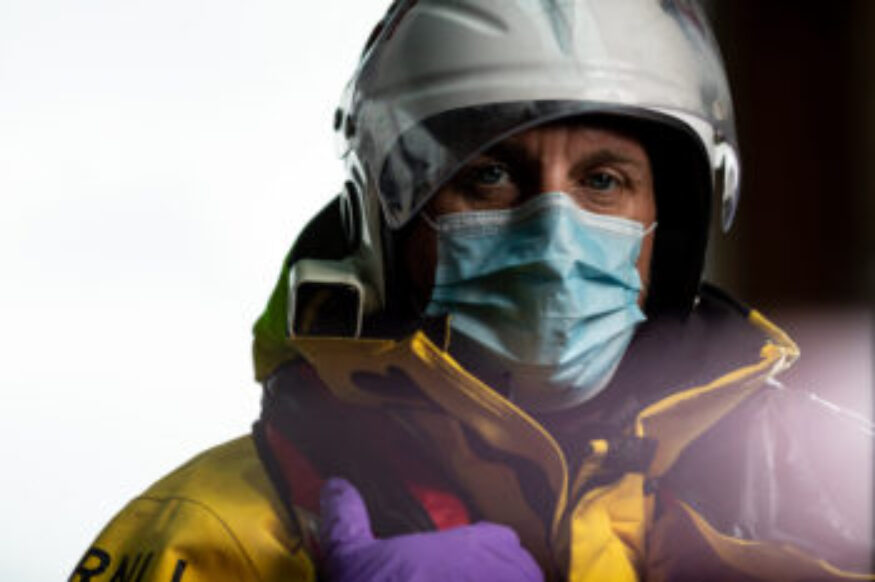Volunteer crew members at the Royal National Lifeboat Institution (RNLI) faced an unprecedented summer* with new statistics revealing a dramatic increase in the number of water users needing to be helped by the charity’s lifeboat crews compared to 2019.
Based on provisional incident reports** from RNLI lifeboat stations around the UK and Ireland, there was a 64% increase in the number of recreational water users aided by the RNLI. Additionally, many lifeguards reported seeing an increase in the number of visitors to beaches around the coast.
These newly released figures cover people who got into difficulty while bodyboarding, using inflatables, kayaking, or canoeing, kitesurfing, paddleboarding, rowing, surfing, swimming, water-skiing, windsurfing and dinghy sailing.
This summer, 177 water users were aided whilst kayaking or canoeing, an increase of 84 people in comparison to 2019. The number of people who needed help from RNLI lifeboat crews after getting into difficulties on inflatables more than doubled.
Popular watersport, paddleboarding, saw a 40% rise in lifeboat launches and the number of casualties assisted almost tripled. Lifeboat crew callouts to swimmers were up by 14%.
Additionally, lifeboat launches to people who got into trouble whilst walking or running at the coast over the summer increased by 46%, with 175 more people aided in comparison to last year.
The RNLI’s Head of Water Safety, Gareth Morrison, said: ‘Our volunteer crews have been on call throughout the pandemic. This year, they faced a summer like no other.
‘When lockdown restrictions eased, we saw people flock to the beaches to enjoy our coastlines instead of holidaying abroad. But that resulted in a huge number of people getting into difficulty around our coasts, with our lifesavers facing an incredibly busy summer.
‘If you find yourself in trouble at the coast this winter, call 999 and ask for the coastguard.’
The RNLI has spent £1.2M this year on PPE to keep its lifesavers and the public safe during the coronavirus crisis, including almost 700,000 face masks, 2.4 million gloves and 4,700 litres of hand sanitiser. Additionally, RNLI shops were closed, and fundraising events were cancelled, costing the RNLI millions in lost income.
RNLI lifesavers continued to work tirelessly throughout the pandemic to keep people safe as lockdown restrictions eased and people flocked to the coast.
As a charity, the RNLI relies on the support of the public to continue saving lives – and that support is needed now more than ever. The charity has launched its Christmas Appeal. To support, visit: RNLI.org/Xmas
Notes to Editor
· *Summer is defined as 1 June to 31 August 2020.
· **The complete statistics for lifeguards and lifeboats will be available in early 2021. Statistics correct as of 12 November 2020.
· Full breakdown of statistics is available upon request.
· Definition of watersports includes bodyboarding, dinghy sailing, inflatables, kayaking/canoeing, kitesurfing, paddleboarding, rowing, surfing, swimming, water-skiing and windsurfing.
RNLI media contacts
For more information please call Charlotte Cranny-Evans, RNLI Press Officer, on 07393 763 780 or [email protected] or contact the RNLI Press Office on 01202 336 789.



Get Social